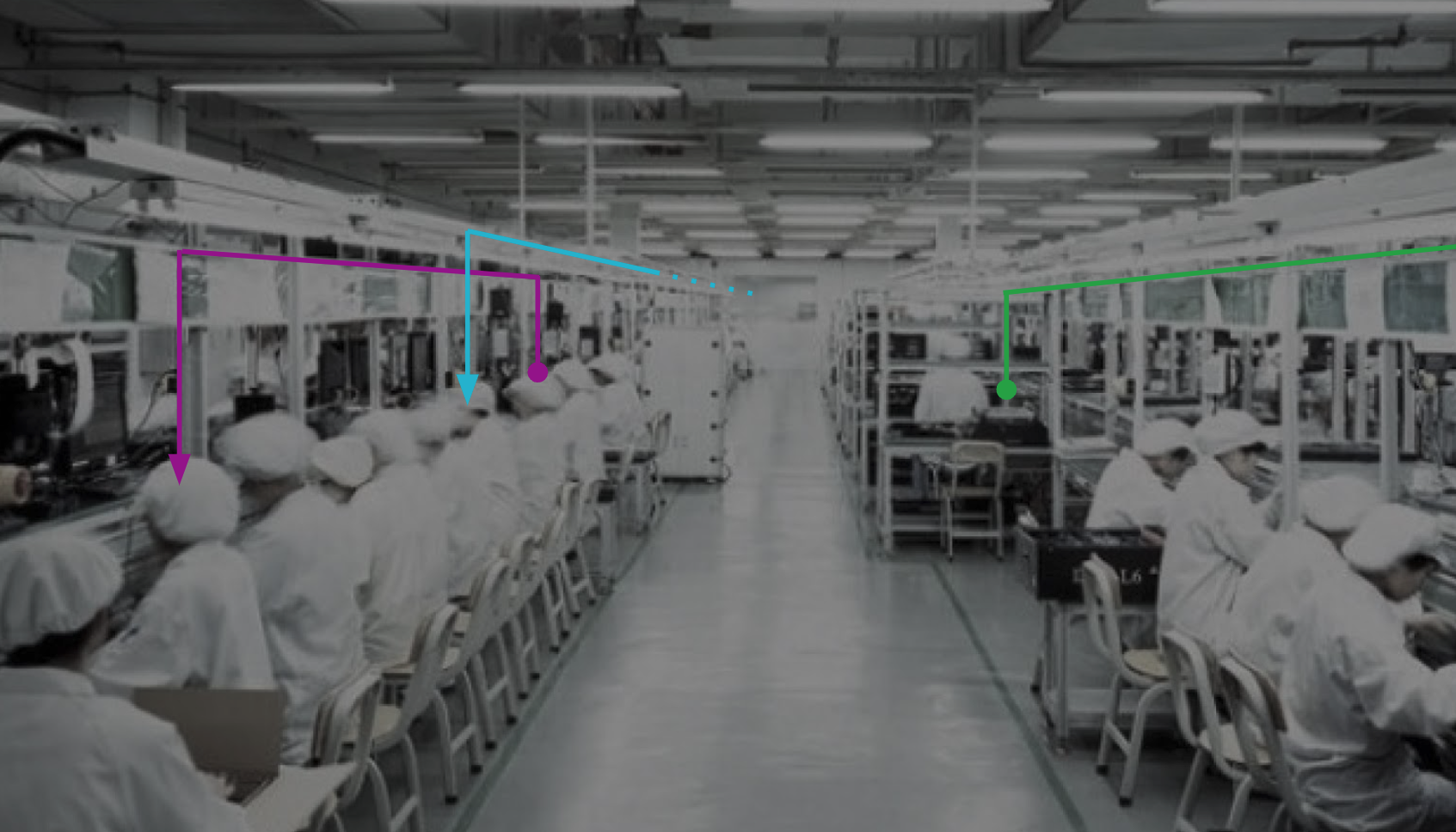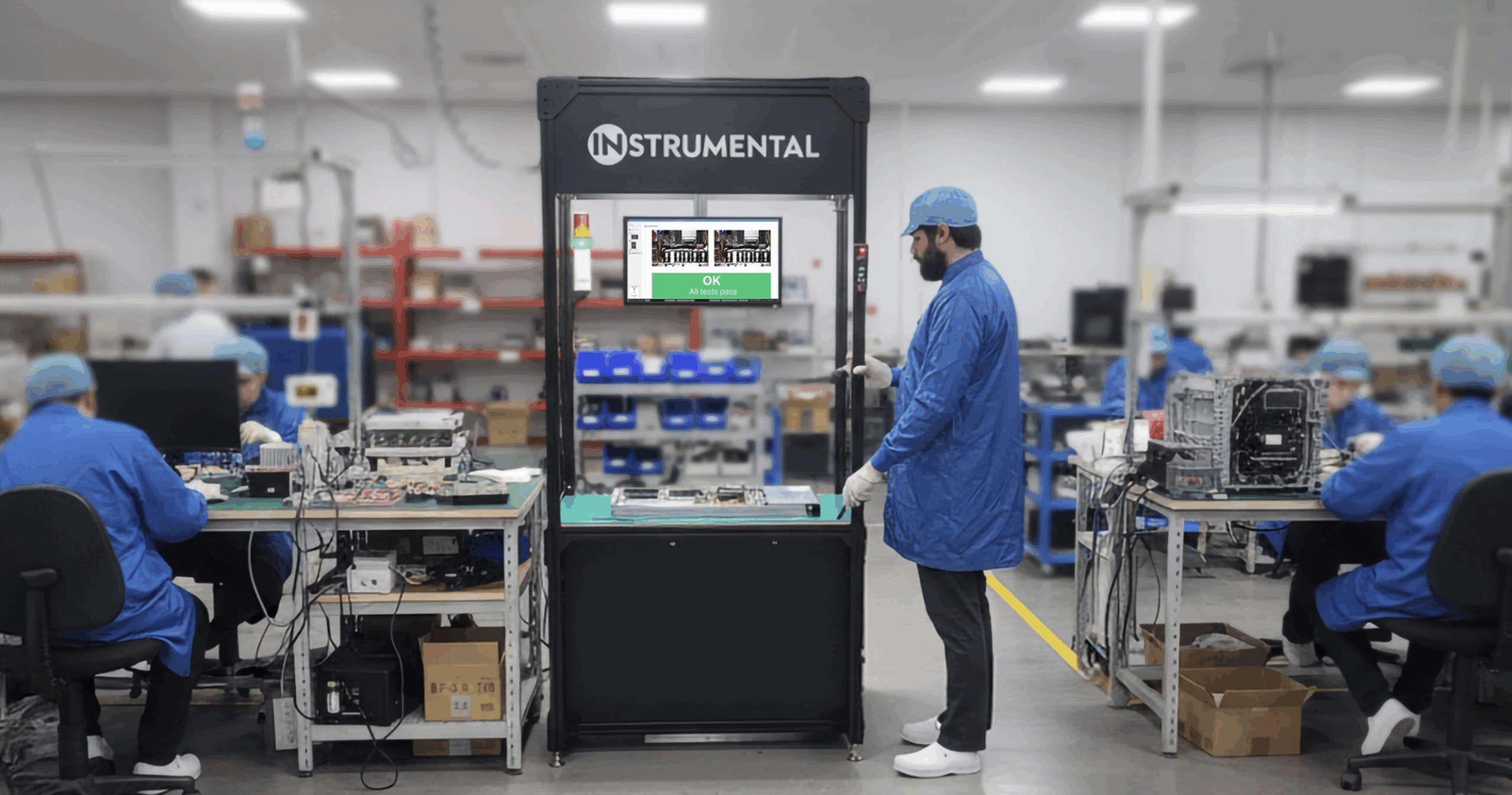Two years into the COVID-19 pandemic, manufacturing leaders have dramatically changed their views on the role of digital tools in their organizations. Those who once hesitated to adopt new tools have openly embraced emerging cloud-based technologies that connect remote team members or built internal systems that capture critical product insights during remote builds.
While those changes might have happened out of necessity, modern manufacturing leaders are continuing the momentum — by deeply understanding that data is the critical infrastructure that will continue to transform their entire manufacturing process.
What manufacturing engineers can learn from software engineers
Long before the pandemic, I saw how easy access to data enabled manufacturing teams to pinpoint process and design issues. Today, that level of data insight is also helping engineers stay connected to the manufacturing and assembly processes across the world. Yet, despite the clear benefits, strong data insights are still rarely found in manufacturing.
Instead, most of the industry is stuck. Fifteen years ago, software engineers had a similar problem: they had to spend hours manually collating data across many servers and applications to get insight into their product performance. Today, software engineers have data infrastructure that enables them to immediately see a server is down or that an application is underperforming – and this is often some of the first tooling new organizations put into place.
While software engineering has embraced and operationalized data, manufacturing is still trying to harness the massive amount of data produced in building new products, while struggling to put it to use. A recent Instrumental survey found that 63 percent of engineers are still relying on manually compiled reports from factory partners to know what’s going on in their factories and that 2 in 3 aren’t satisfied with the access they have to their manufacturing data. There’s a clear demand and need for better data tools that give access to critical data.
Data is no longer a tool — it’s business infrastructure
The traditional approach to data in manufacturing has been to use it as a tool: to be judiciously applied only where absolutely needed and explicitly justified. There are three key problems with using data as a tool. It:
- Takes too much time: Even when teams have data access, they still have to invest significant amounts of time to clean it up and connect the dots. In fact, results from a survey conducted by Instrumental found that engineers spend 13% of their time on pre-processing data — taking them away from higher-value work.
- Forces organizations to rely on tribal knowledge: Problem-solving often falls to senior team members who remember what problems to look for and how they were solved last time. Then, when they move on to other jobs, the rest of the team might not even know what knowledge they’ve lost.
- Limits usage to applications with clear ROI: Data is only collected when there’s a direct ROI for that specific application – which means you have to wait for problems to get big (and expensive) and you’ll never unlock the transformational potential of using data to identify patterns and challenges early.
The advantages to operating with data as infrastructure, on the other hand, have trickle-down effects that deliver massive benefits to manufacturing. Data as infrastructure:
- Empowers daily work: Engineers spend less time collecting and cleaning data, and more time engaging in the essential problem-solving work that’s based on the priorities surfaced in the data.
- Opens the door to company IP and know-how: When all team members have access to data they can not only build better products and go to market faster, but also leverage historical data to uncover latent IP.
- Leads to company-wide transformation: Just like Microsoft Excel, MES, and CAD are embraced as tools that transform a team’s ability to work effectively, the use of data-focused manufacturing tools can also lead to company-wide transformation that brings benefits that might be difficult to account for in an ROI calculation. For example, it’s hard to attribute faster time to market to one specific technology or data point, but many organizations would agree that faster problem solving, more efficient work across their teams, and better team communication make teams more competitive and accelerate their ability to deliver.
Instrumental Correlations and the future of manufacturing optimization
At Instrumental, we’re proud to pave the way for manufacturing leaders to launch data-powered manufacturing infrastructure and empower their teams in the process. At Build Better 2022, we released Instrumental Correlations, a tool that automatically identifies root cause so that engineers can reduce time spent doing forensics and focus on implementing corrective actions.
Instrumental Correlations is an AI-powered tool that identifies useful relationships in parametric and visual data. Our customers have been using it in Beta, and already have seen how transformational it is to their process. One customer, a Fortune 50 Electronics Company, said that because of Correlations, a problem that would have usually taken five months was completed in minutes, allowing their teams to quickly adjust their processes. Their director of process engineering even said that without Correlations, they would have been subject to “a series of serendipitous events” to find the root cause for a tricky issue.
Instrumental Correlations brings the industry one step closer to data-driven manufacturing, and closer to an industry inevitability: autonomous optimization. When data is used to its full potential, it enables product, process, and supply-chain wide optimization, and brings to life the possibility of self-improving manufacturing processes. Realizing this future depends on modern manufacturing leaders to see that data isn’t a tool that addresses a specific problem, but infrastructure that sparks conversations about how to solve their existing challenges and look to what’s next.
Looking for more information on how Instrumental can do for you? Book a demo and discover more about our platform.
Related Topics



